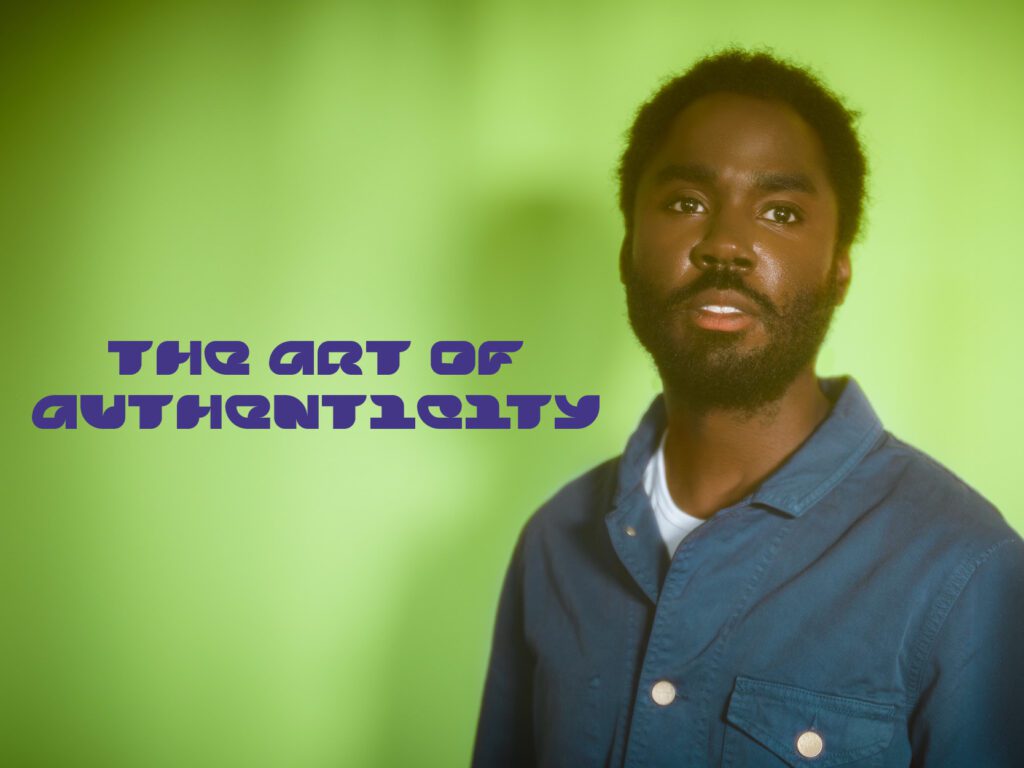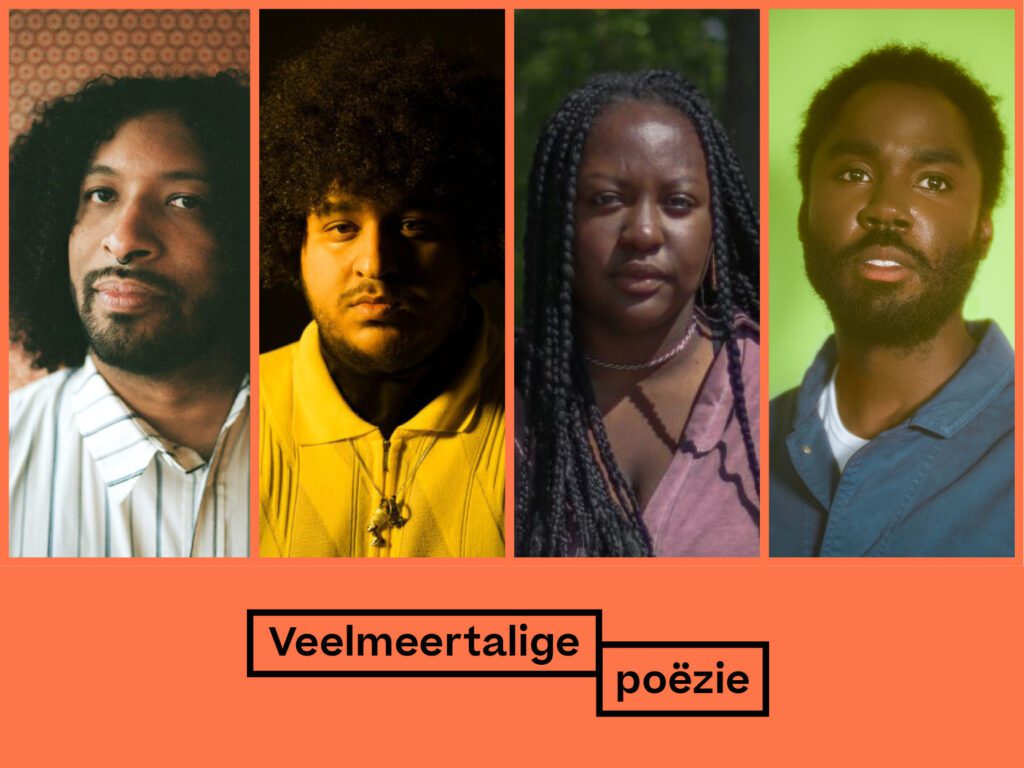EdwardSaid

The Power of Narrative
“The power to narrate, or to block other narratives from forming and emerging, is very important to culture and imperialism, and constitutes one of the main connections between them.”
Edward W. Said, Culture and Imperialism
In the archives of intellectual history, the Palestinian-American academic, literary critic and political activist Edward W. Said stands as a celebrated figure of significant influence. His work is still a testament to the power of narratives in shaping our understanding of the world. Born in 1935 in Jerusalem, Palestine, Said’s life journey was marked by a profound exploration of the intersections between literature, politics, and identity. He produced one of the most influential studies of the 20th century, Orientalism, in which he challenges western representations of itself and of the so called ‘Orient’. Edward Said’s decades long career saw him develop ideas and a legacy that engage and inspire to this day.
Tonight, we’ll highlight and discuss Edward Said’s invaluable inheritance as a literary scholar and political advocate. Said examined how stories are instrumental in asserting both one’s identity and the existence of one’s history. By the same token, narratives untold and marginalized deny one’s identity and history. He gives language and argumentation to the familiar sentiment of Othering as he lays out how mechanisms of hierarchy and power are maintained through imperialism. Edward Said’s intellectual legacy embeds the urgency of freedom of expression and continues to inspire generations striving for emancipation and liberation.
Growing up in the colonial era before World War Two, Said argues against seeing culture as devoid of politics, including colonialism – or as he writes in Culture and Imperialism, as “antiseptically quarantined from its worldly afflictions”. Rather, he suggests seeing culture through these lenses offer us an enhanced understanding of colonial presence across time and space. As such, we will discuss how culture is indeed intertwined with politics and how cultural spaces mediate these understandings in our specific times.
Edward Said passed away in 2003, leaving us in a world that was overtly different from the times we live in today, yet his words seem to be as valid now as they were more than 20 years ago. In the west we see a shrinking of civic space when it comes to narratives of Palestine and censorship in cultural spaces is on the rise. This evening, we bring Said into the public space and democratize his ideas and access to it further.
Would you like to join this program, but currently don’t have the means to buy a ticket? Send an e-mail to info@denieuweliefde.com to work something out.






